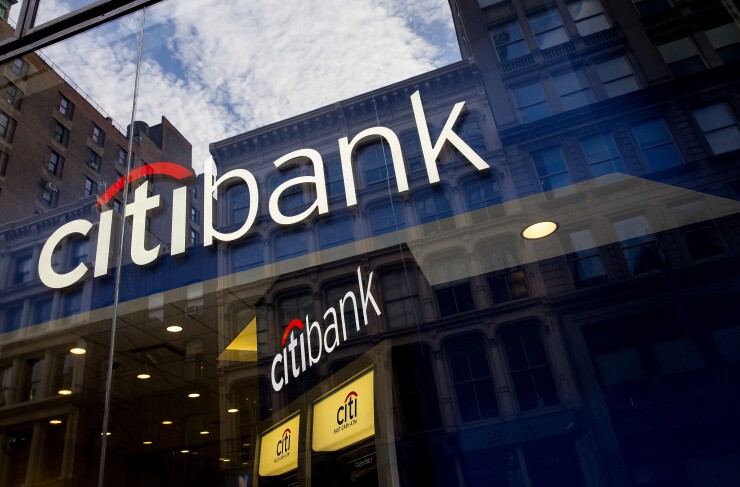Receiving Wide Coverage ...
Choice chosen: As expected, the House voted 233 to 186, along near party lines, to approve the Financial Choice Act. Passage of the bill "marks the first time Republicans have successfully passed broad legislation aimed at replacing the 2010 Dodd-Frank financial-overhaul law," the Wall Street Journal said. However, the bill isn't likely to become law because it doesn't have enough support in the Senate, which is writing its own reform law.
Still, part of the plan may be approved "in smaller pieces or be implemented by the Trump administration," the Journal added. The administration is expected to release a report next week outlining its financial regulatory goals.
The Journal's editorial board says the House voted for "a
Here are the key details of the Financial Choice Act, courtesy of the
Leaving: Matthew Zames, the chief operating officer at JPMorgan Chase, who was once thought to be a possible successor to CEO Jamie Dimon, is leaving the bank. "I want to get back to running the railroad — running my railroad, running my business," Zames told the New York Times in explaining why he's leaving.
Zames' departure, at age 46, "will kick off a new round of speculation within the bank about possible heirs to Mr. Dimon," the Journal commented. "But it will also reinforce views the longstanding chief of the biggest U.S. bank by assets isn't going anywhere soon."
Zames' resignation, the FT says in a commentary, "throws a spotlight once more on
Ready or not: The so-called fiduciary rule on retirement savings accounts, or most of it anyway, takes effect Friday.
Wall Street Journal
Moving on up: Total U.S. household net worth
Indeed, the Journal's Heard on the Street column says, "People are being more careful about debt, and maybe they are
Looking good: The Journal's Heard on the Street column also looks at what it calls "

Financial Times
Arrested: A British former trader at HSBC will
Quotable
"The Choice Act reins in Dodd-Frank and





